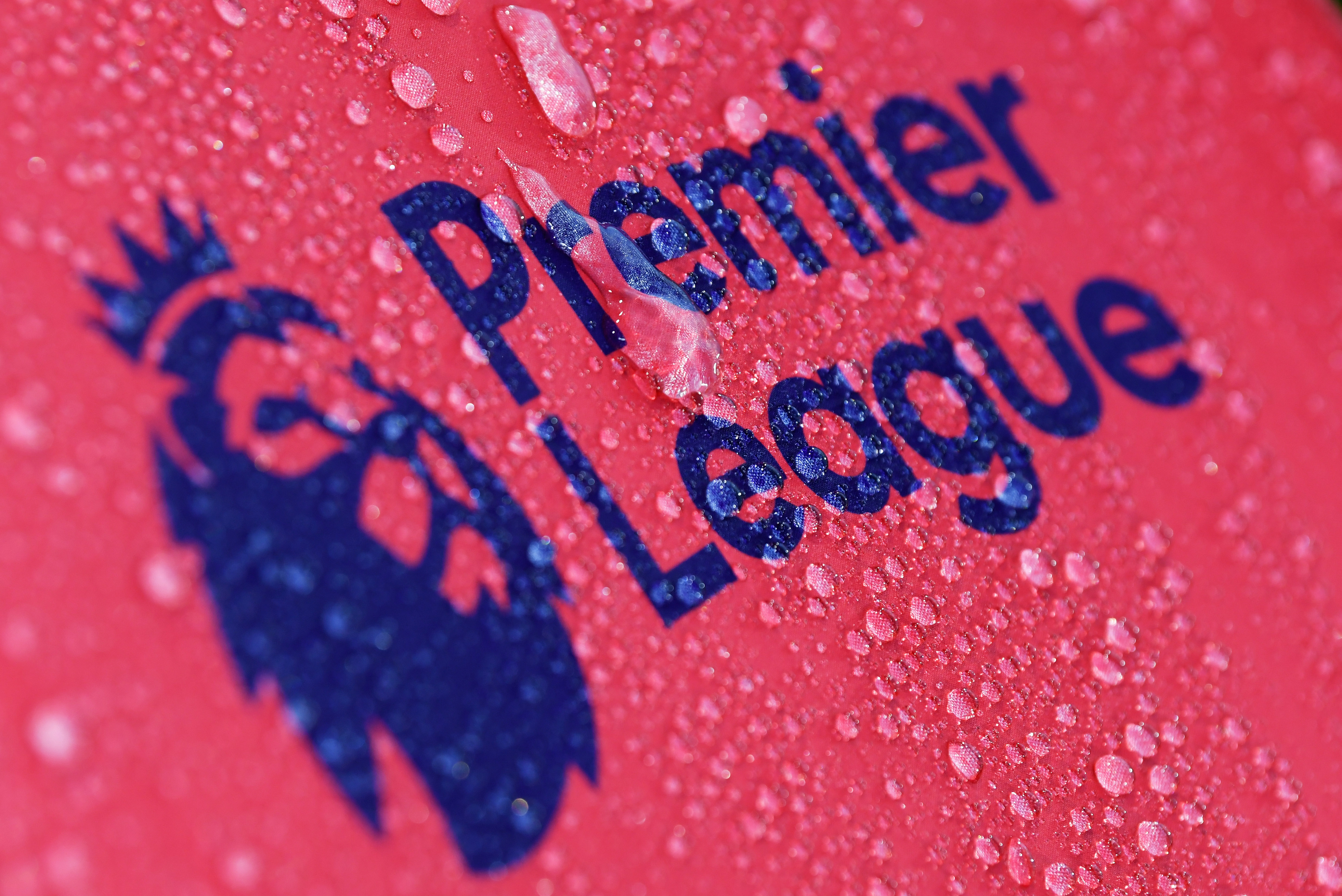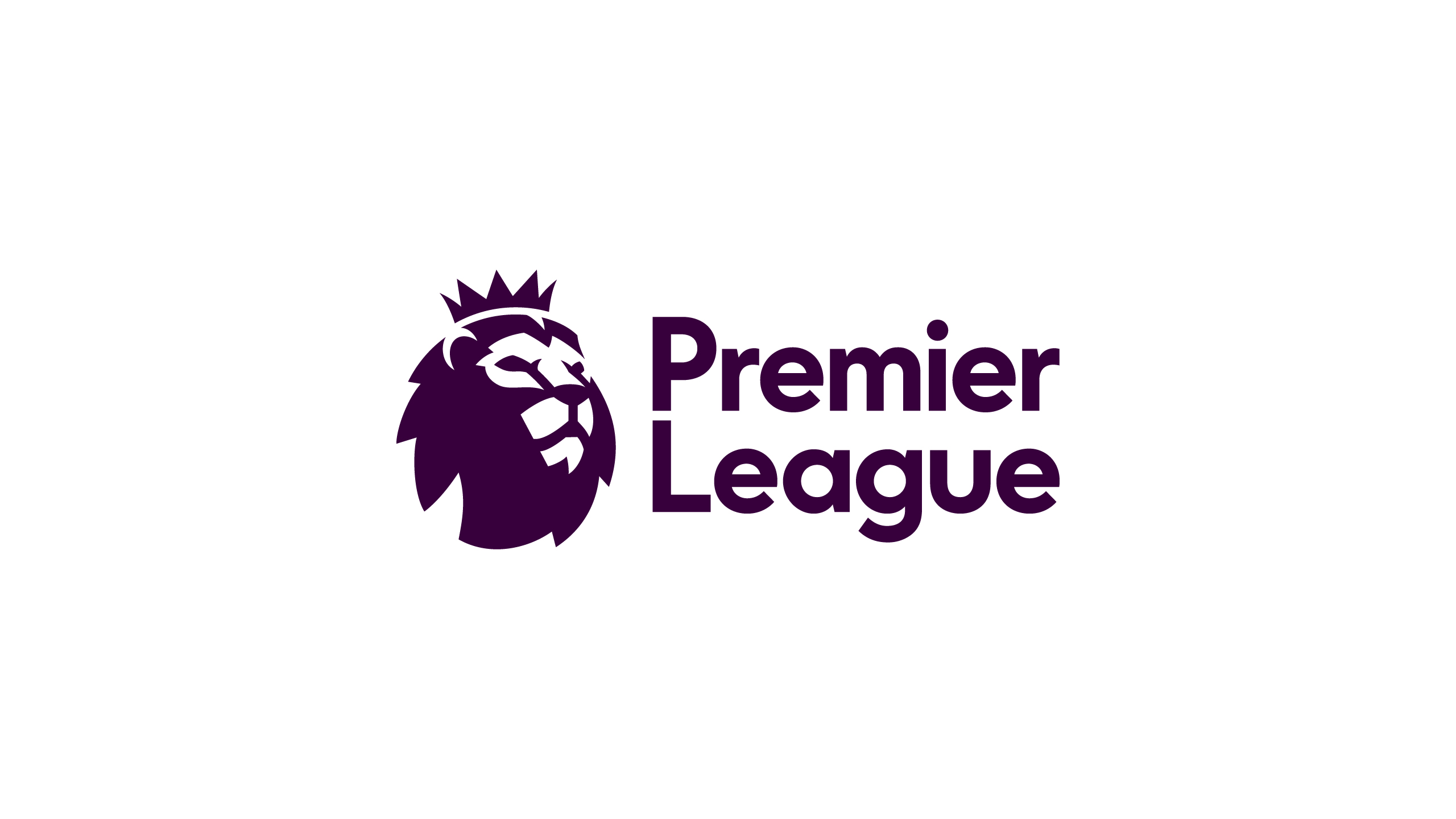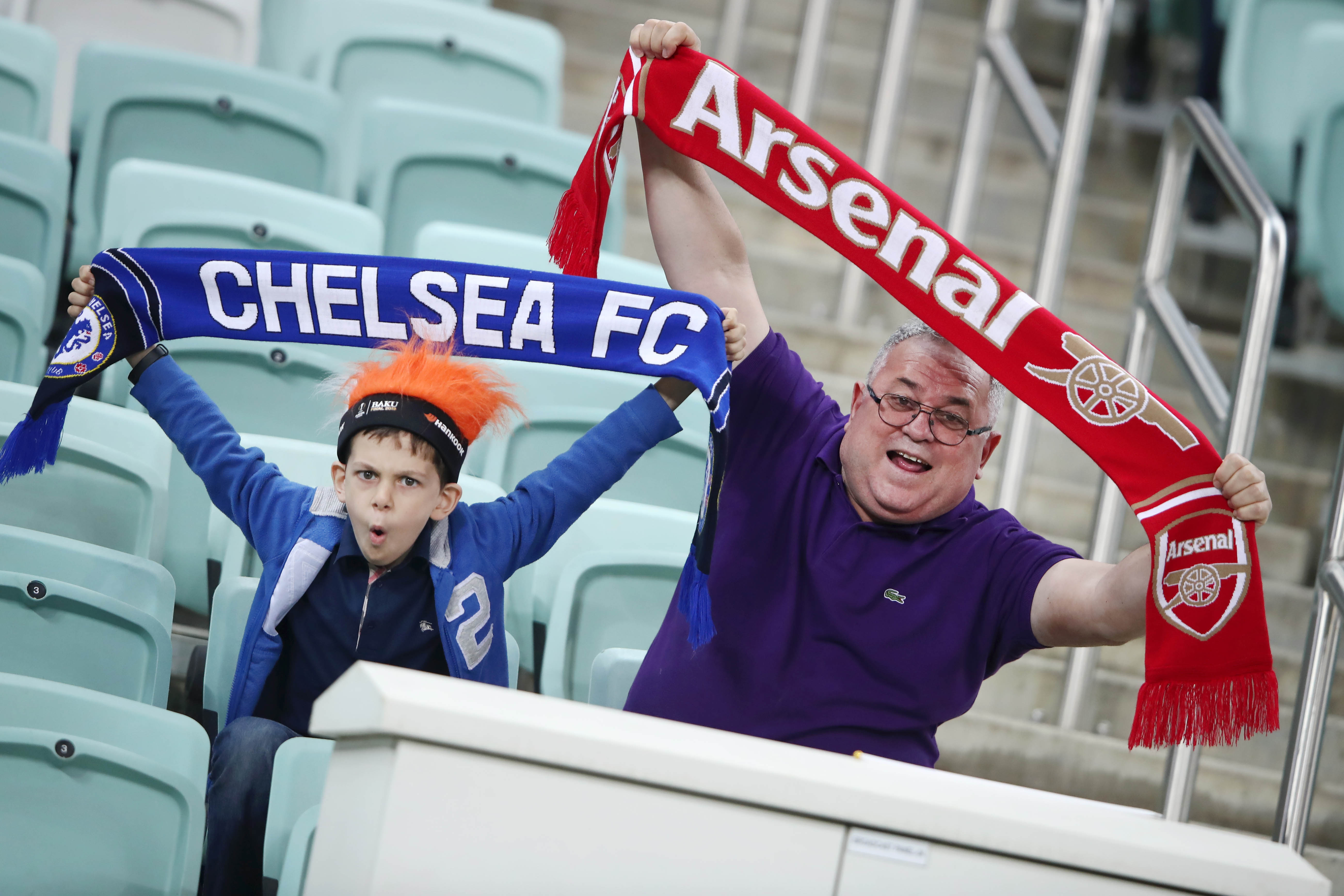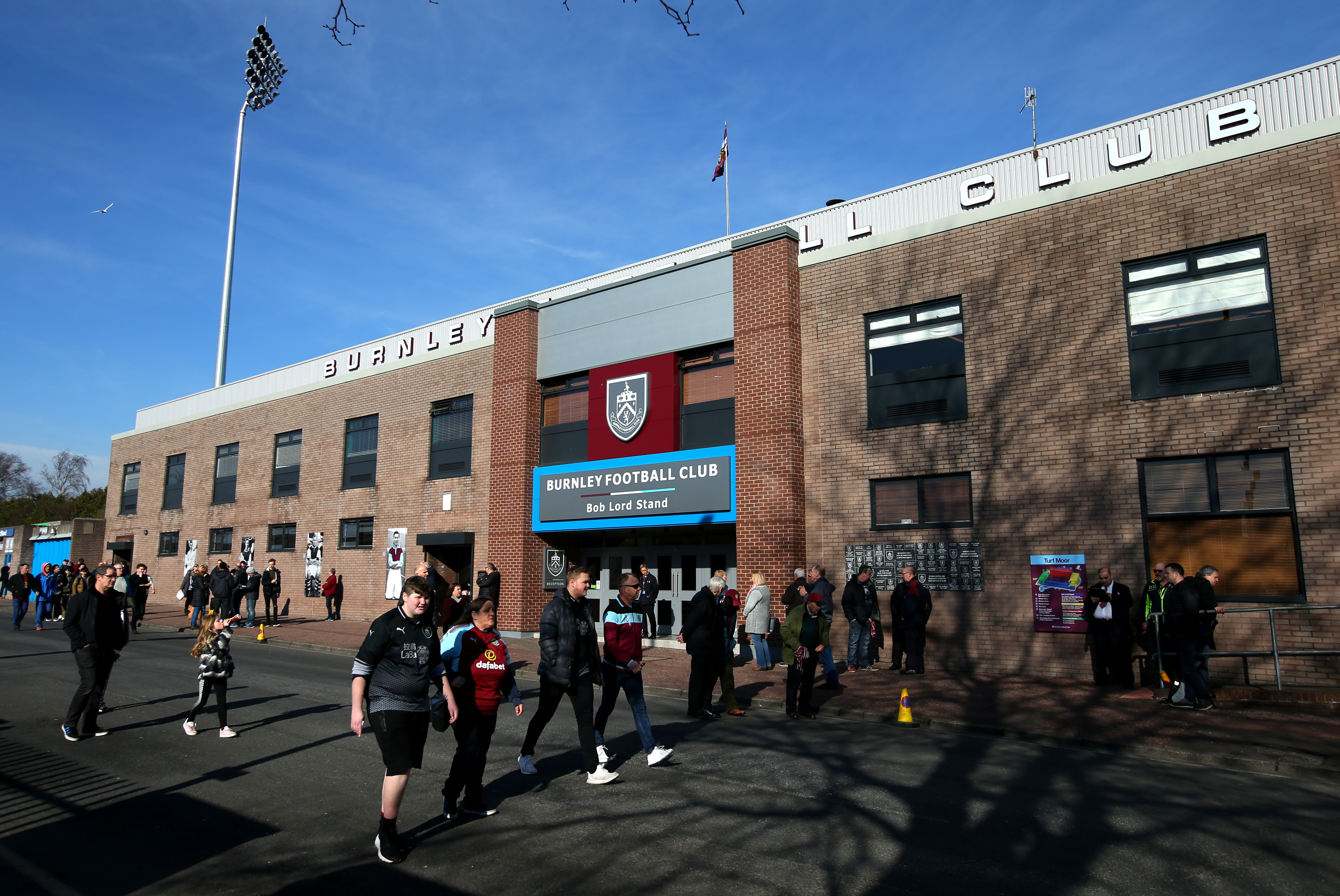Faced with a potential exit from the Eurozone, Greece currently finds itself immersed in a major economic and political crisis. As Greek lawmakers scramble to negotiate a bailout package with its European creditors, millions of Greeks continue to suffer under the harsh conditions of austerity imposed on them. But amidst all the chaos, perhaps whata s slipped under the radar is the very realistic possibility of Greek football going bankrupt as a consequence of the financial mess that Greece currently finds itself in. As Greek football faces an existential threat, we analyze the potential impact that this crisis might have on the Greek domestic a Superleaguea and its National Football team. Will Greek football be able to ride through all the financial turbulence?
Greece Superleague
The Eurozone debt crisis has had a devastating impact on the financial health of Greek football clubs. With the outflux of billions of dollars from the Greek economy and an exit from the Eurozone (Grexit) becoming a stark possibility, Greek football is facing its worst crisis in decades.
Greek clubs are struggling to compete with their European counterparts in terms of the availability of funds. These clubs do not currently posses the financial muscle to attract the best talent from across Europe and the rest of the World.
It is reported that several foreign players currently plying their trade in the Greek Super League are worried about the possible devaluation of their contracts with major Greek football clubs. If Greece exits the Eurozone, it will be forced to give up the Euro and adopt its former currency Drachma. The return to the Drachma will result in the automatic devaluation of the contracts of these foreign players to less than half of their original value. Hence, many of these players are requesting their clubs to insert a clause in their contracts which guarantees them payment in Euros (as per the previous arrangement).
Apart from the fear of losing its foreign contingent, the Greek domestic league also risks the mass exodus of its homegrown talent to greener pastures abroad. European clubs, who are monitoring the situation in Greece very closely, will be looking to snap up these players upon their impending departure from Greek Super League.
Rich businessmen from abroad, who are currently buying clubs all across Europe at a rapid rate, have understandably shied away from investing in the domestic football league of a country on the brink of financial collapse.
Reeling under the effects of the economic crisis, Greek Champions Olympiakos have decided to slash the prices of their season tickets by up to 50%. While announcing the decision, their Managing Director reportedly said, “We are experiencing an unprecedented crisis and the core issue for us is to give our love back to the supporters. We are following closely what’s happening in Greek society and the difficulties and uncertainties that all fans are facing, and that is why we are providing unprecedented reductions of up to 50 percent.”
However, the recently imposed football ban on Vangelis Marinakis, the owner of Olympiakos, for directing a criminal organisation, aiding and abetting blackmailing, extortion, bribery and fraud, will do little to allay the concerns of the cluba s Domestic and International fanbase.
On account of poor performances of Greek clubs in Europe over the last few years, Greece is currently placed at a dismal 14th position in the latest UEFA club coefficient rankings. As a result of this, there are lesser number of Greek clubs that are currently permitted to participate in Europea s premier club football competitions, i.e. the UEFA Champions League and the UEFA Europa League.
Greece National Team
The current state of Greecea s National football team is even worse than the state of its clubs. After successive defeats against Europea s whipping boys, the Faroe Islands, Greece were eliminated from their EURO 2016 qualifying group and will not be participating in next yeara s tournament in France. As expected, the Greek press tore into their National team in the aftermath of those two humiliating defeats against a team which were ranked a lowly #131 in 2004 a the year when Greece defied all odds to win the Euro.
LiveSport launched a scathing attack on the National team, describing them as a the laughing stock of world footballa . They further went on to write, a It can’t get any worse. They (Greece) were tragic in their last effort to remain in contention for a ticket to the France finals and made their opponents look like [Cristiano] Ronaldo and [Lionel] Messi.”
Things have been on the downturn for the Greek National side ever since their historic 2004 Euro triumph. Despite qualifying for 5 of the past 6 major International tournaments, Greece have failed to display the same grit, resolve and desire which took them to the summit of European football in 2004.
The economic downturn has also affected the output of Greek football academies, which have failed to produce young talented footballers who were expected to fill the massive void left by Greecea s own Golden generation of football stalwarts such as Giorgos Karagounis, Kostas Katsouranis and Angelos Charisteas.
The future of Greek football is intrinsically linked to the future of its economy. While the Greek economy could take decades to fully recover from its current downturn, Greecea s football aficionados would be hoping for a comparatively quicker turnaround in the fortunes of its football team.
In 2004, thousands of Greeks occupied the iconic Syntagma (Constitution) Square to celebrate Greecea s most famous achievement in its entire football history. 11 years later, those people are still there. But this time, football has got nothing to do with it. The future of Greek football looks very bleak indeed.







